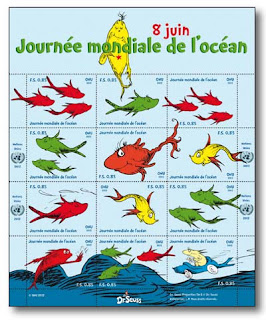Francis Crick (1916-2004) was a British scientist who is best known for his role in the discovery of the structure of DNA, one of the most important scientific breakthroughs of the 20th century. Crick, along with James Watson, Maurice Wilkins, and Rosalind Franklin, contributed to unraveling the double helix structure of DNA.
Crick was born on June 8, 1916, in Northampton, England. He studied physics at University College London and earned his Ph.D. in 1949. After completing his doctorate, Crick transitioned to biology and began working at the Cavendish Laboratory in Cambridge, England.
In 1951, Crick met James Watson, an American biologist, and they started collaborating on understanding the structure of DNA. Their efforts were greatly influenced by the X-ray crystallography work of Rosalind Franklin and Maurice Wilkins. In 1953, Crick and Watson proposed the double helix structure for DNA, based on their analysis of existing data and their own model-building efforts. This groundbreaking discovery provided crucial insights into how genetic information is stored and transmitted.
Crick continued his scientific career and made significant contributions to molecular biology and neuroscience. He worked on deciphering the genetic code and understanding the process of protein synthesis. In the late 1960s, he turned his attention to studying the brain and consciousness, exploring topics such as the biological basis of perception and memory.
For his contributions to science, Crick received numerous accolades, including the Nobel Prize in Physiology or Medicine in 1962, which he shared with James Watson and Maurice Wilkins. He also received many other prestigious awards and honors throughout his career.
Francis Crick's work revolutionized our understanding of genetics and laid the foundation for advancements in molecular biology and biotechnology. His discoveries continue to have a profound impact on various scientific disciplines









